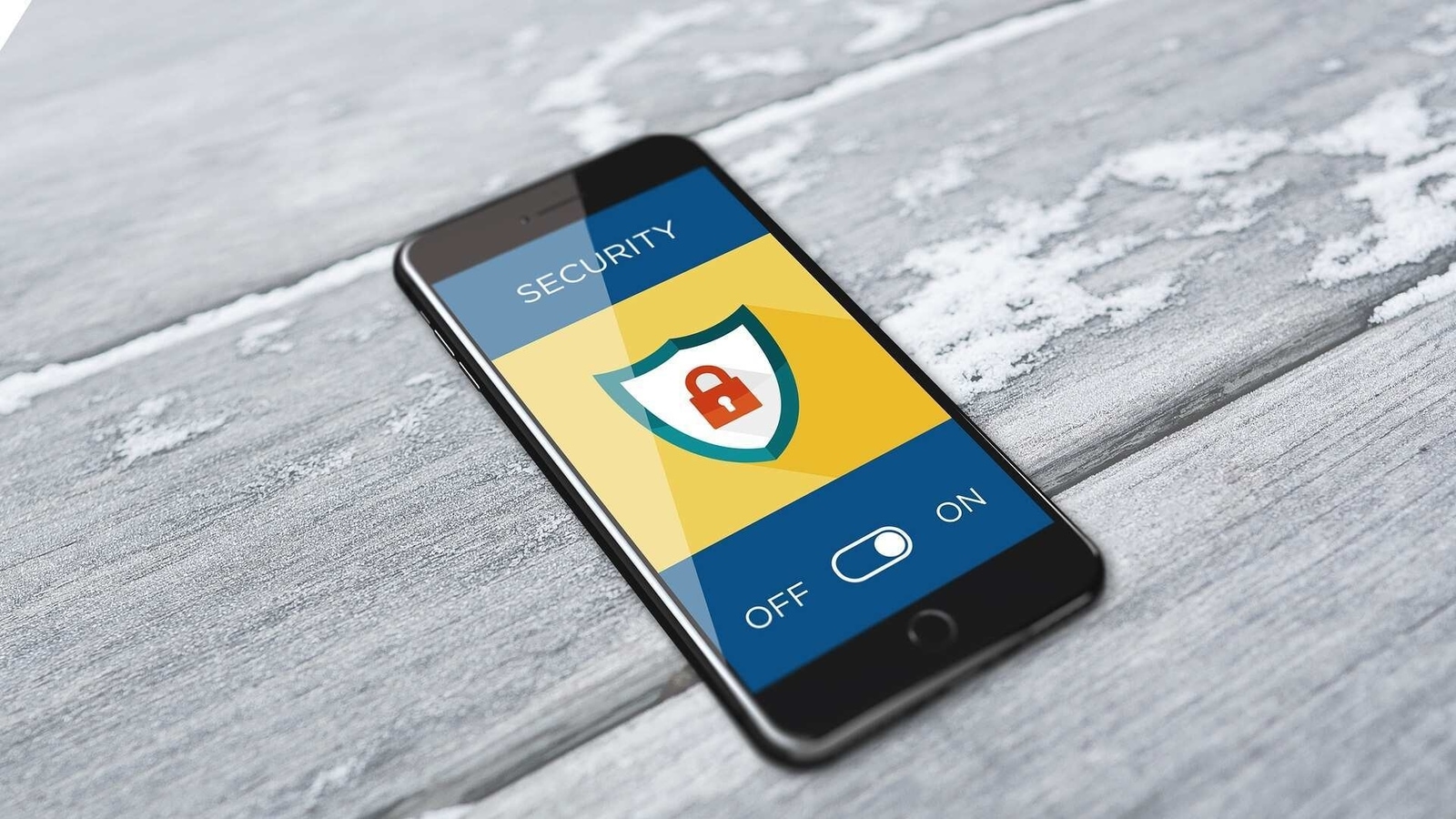Mobile data security matters: Here's how you can safeguard yours
Deploying two-factor authentication, not clicking links from unknown sources, giving apps only the required accesses, turning off location tracking and providing phone number only when necessary are some of the preventive measures that users can incorporate into their everyday lives.

Did you know that India is the fifth most spammed country in the world after Brazil, Peru, Indonesia and Mexico? Did you know that 15% of total spam calls are marked as fraud? Did you know that one in every three women in India received an inappropriate message in 2019? And did you know that one lakh calls are marked spam each day?
Smartphones are one of the most important devices that help the world stay connected. They help people to connect with one another and with the world around them. They help them to commute to unknown places. They also help people to transact. In short, they keep the world moving. Needless to say that they are the keepers of vital information pertaining to users. They are also the single most important point of information leaks as far as users' personal data is concerned.
The problem, however, doesn't lie with the devices, that is, smartphones but in functionalities and services that they provide.
Risks and challenges
We talked to some experts and they shared with us some of the biggest challenges and risks that smartphone users face as far as the security of their personal data is concerned. Aditya Vuchi, who is the CEO and founder of several companies including MediaMint and Zippr says that spam calls, geolocation tracking, co-relation between users' digital and physical identities, camera and microphone accesses, and contact book snooping are some of the biggest challenges that smartphone users are facing today.
ALSO READ: India found cybersecurity lapses at National Payments Corp in 2019
He also believes that ‘systemic and well-organised infringement of privacy by corporations is the biggest risk of all. “The biggest security risk to us is not Big Brother, but Big Business. Yes, there are multiple challenges with the Government's approach to linking our personal data to our everyday activities. But that pales in comparison to the systemic, well-organised infringement of privacy rights by brands, corporations, marketers, financial institutions & marketers,” he told HT Tech.
Founder of the NGO End Now Foundation, Anil Rachamalla, takes this list a step further by listing malware and trojans, social engineering, phishing, vishing and other web-based threats, and app-based threats as some of the biggest risks being faced by smartphone users.
Talking about the data points that lead to data leaks, both Rachamalla and Vuchi agree that users' mobile numbers are one of the key metrics used by companies and malicious actors for targeting users. Other data points include credit card information, email addresses, location data and addresses.
ALSO READ: 6 easy ways to stay safe on WhatsApp
Preventive measures
The picture sure looks grim. But there are simple methods that smartphone users can deploy to mitigate some of the challenges that we talked about earlier and safeguard their personal data. Deploying two-factor authentication, using complex passwords for different sites, not clicking links from unknown sources, giving apps only the required accesses, turning off location tracking and providing phone number only when necessary are some of the preventive measures that users can incorporate into their everyday lives. Rachamalla and Vuchi also suggest having separate phone numbers for personal and office as one of the key tricks to avoid data leaks.
In addition to these, the two experts suggest using UPI and payment gateways with two-factor authentication or OTP service for making payments online. “...it is always advisable to use credit cards or third-party services such as e-Wallets...it is always better not to save your banking credentials in apps. Often, smartphone apps carry malware. If you are not sure of an app, don't download it instantly. Before making payments online, make sure your merchant is reputed and trusted,” Rachamalla told HT Tech.
Catch all the Latest Tech News, Mobile News, Laptop News, Gaming news, Wearables News , How To News, also keep up with us on Whatsapp channel,Twitter, Facebook, Google News, and Instagram. For our latest videos, subscribe to our YouTube channel.































